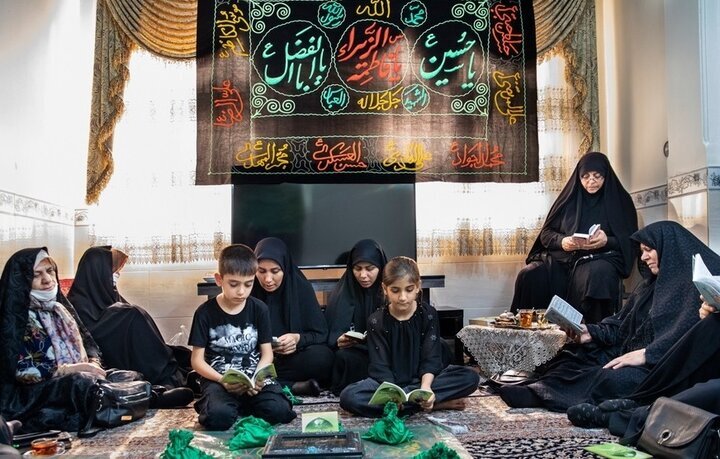Echoes of devotion: Iran’s mourning traditions for Prophet Muhammad (PBUH) and Imam Hassan (AS)
In Iran, the 28th of Safar, the second month of the lunar Hijri calendar, is a deeply significant day of mourning for Muslims. It is marked by rich observances and cultural practices that vary across different regions of the country.This date marks the anniversary of the passing of Prophet Muhammad (PBUH) and the martyrdom of Imam Hassan (AS), the second Shia Imam.

This solemn occasion is commemorated with a range of traditional mourning ceremonies and rituals, reflecting a rich arrays of cultural and religious practices that have evolved over centuries.
This major religious occasion falls on September 2 this year and is marked by an outpouring of collective grief and reflection.
The significance of Safar 28th
The 28th of Safar is observed by Muslims worldwide, but in Iran, it holds particular cultural resonance.
The day is not only a remembrance of the Prophet Muhammad's (PBUH) departure but also of Imam Hassan's (AS) martyrdom, which adds layers of significance to the mourning period. This day is integral to the larger context of mourning that spans from the first day of Safar to the end of the month.
Recitation of elegies
One of the central rituals of Safar 28th in Iran is the recitation of elegies. This practice involves the recitation of poetry and hymns that lament the deaths of the holy Prophet and his grandson. It serves as both an act of mourning and a means of keeping the memory of these revered figures alive. In every corner of Iran, communities gather to participate in elogy recitations, reflecting on the profound losses and drawing spiritual solace from their faith.
Food offerings
A distinctive feature of the mourning ceremonies is the preparation and distribution of special foods. Among the most common offerings are Sholeh Zard, a saffron-infused rice pudding, and Ash Sholeh Qalamkar, a hearty lentil and meat stew. These dishes are prepared as acts of charity, with the intention of feeding the less fortunate and sharing the blessings of the occasion with the community. The preparation of these foods is often a communal activity, involving families and neighbors coming together to fulfill these religious obligations.

Write your comment.